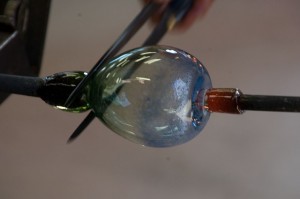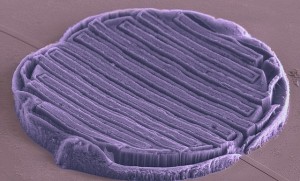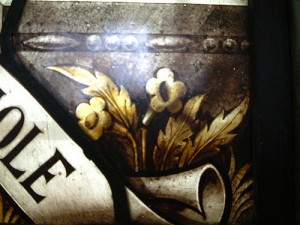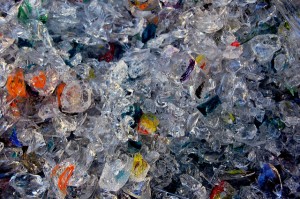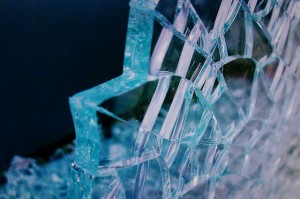Changes in Glass Industry Affecting Basic Science
If you’ve been paying attention to the recent changes in the glass industry, you know that the future of certain kinds of glass – specifically stained glass – is on the line. But a developing trend in glassmaking may also have negative consequences for basic science, and one community college is doing something about it.
Research scientists often need special glass tools to conduct experiments. Expert glassblowers, who create “made-to-order” pieces that get used in the lab, often build those tools exclusively for research. The number of glassblowers is declining, but the need for intricate glass tools isn’t. Salem Community College in Alloway, NJ offers the only scientific glassblowing program in the United States. The school graduates about 20 scientific glass blowers each year. Many of those graduates will take up positions at research universities around the country.
Never heard of scientific glassblowing? You’re not alone. The American Scientific Glassblowers’ Society estimates that there are fewer than 500 scientific glassblowers in the United States. Its membership has slipped from over 1,000 in the 1970’s to less than half of that today. Most scientific glassblowers stay with one employer for life.
The difficulty in finding scientific glassblowers owes somewhat to the fact that many research universities are not willing to put more than one glassblower on their payroll. On one hand, it reduces the overhead cost of having specialists on staff. On the other hand, it means that fewer scientific glassblowers get the experience they need to fill positions when they do open.
Glassblowing students don’t just learn how to make glass. They also need to study organic chemistry, math, computer design and other classes that don’t factor into a pure “art” program. In addition to their curriculum, they need to learn to work directly with the scientists who often provide a rough design for the tools they’re looking for. Scientific glassblowing helps to advance a variety of sciences, including telecommunications, laser research, semiconductor research and research into subatomic particles.
Glassprimer™ glass paint is a specialized glass coating that bonds permanently to glass surfaces. GlassPrimer also makes a glass surface molecular activator that is designed to work with UV-inkjet glass printing processes. For more information about Glassprimer™ glass paint, please visit the rest of our site. If you’d like to purchase Glassprimer™ glass paint, please visit our online store.
Photo Credit: Jennifer Pack, via Flickr.com

